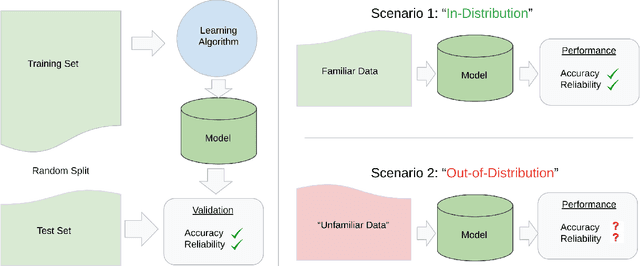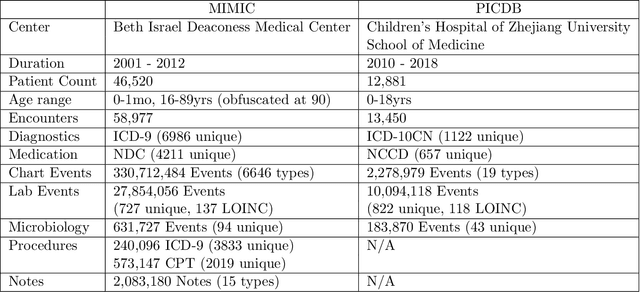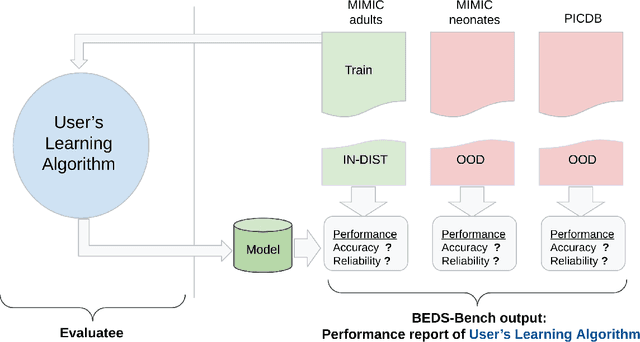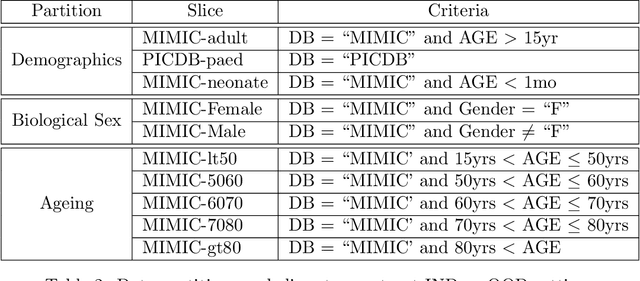Emily Xue
Gemini: A Family of Highly Capable Multimodal Models
Dec 19, 2023Abstract:This report introduces a new family of multimodal models, Gemini, that exhibit remarkable capabilities across image, audio, video, and text understanding. The Gemini family consists of Ultra, Pro, and Nano sizes, suitable for applications ranging from complex reasoning tasks to on-device memory-constrained use-cases. Evaluation on a broad range of benchmarks shows that our most-capable Gemini Ultra model advances the state of the art in 30 of 32 of these benchmarks - notably being the first model to achieve human-expert performance on the well-studied exam benchmark MMLU, and improving the state of the art in every one of the 20 multimodal benchmarks we examined. We believe that the new capabilities of Gemini models in cross-modal reasoning and language understanding will enable a wide variety of use cases and we discuss our approach toward deploying them responsibly to users.
BEDS-Bench: Behavior of EHR-models under Distributional Shift--A Benchmark
Jul 17, 2021



Abstract:Machine learning has recently demonstrated impressive progress in predictive accuracy across a wide array of tasks. Most ML approaches focus on generalization performance on unseen data that are similar to the training data (In-Distribution, or IND). However, real world applications and deployments of ML rarely enjoy the comfort of encountering examples that are always IND. In such situations, most ML models commonly display erratic behavior on Out-of-Distribution (OOD) examples, such as assigning high confidence to wrong predictions, or vice-versa. Implications of such unusual model behavior are further exacerbated in the healthcare setting, where patient health can potentially be put at risk. It is crucial to study the behavior and robustness properties of models under distributional shift, understand common failure modes, and take mitigation steps before the model is deployed. Having a benchmark that shines light upon these aspects of a model is a first and necessary step in addressing the issue. Recent work and interest in increasing model robustness in OOD settings have focused more on image modality, while the Electronic Health Record (EHR) modality is still largely under-explored. We aim to bridge this gap by releasing BEDS-Bench, a benchmark for quantifying the behavior of ML models over EHR data under OOD settings. We use two open access, de-identified EHR datasets to construct several OOD data settings to run tests on, and measure relevant metrics that characterize crucial aspects of a model's OOD behavior. We evaluate several learning algorithms under BEDS-Bench and find that all of them show poor generalization performance under distributional shift in general. Our results highlight the need and the potential to improve robustness of EHR models under distributional shift, and BEDS-Bench provides one way to measure progress towards that goal.
 Add to Chrome
Add to Chrome Add to Firefox
Add to Firefox Add to Edge
Add to Edge